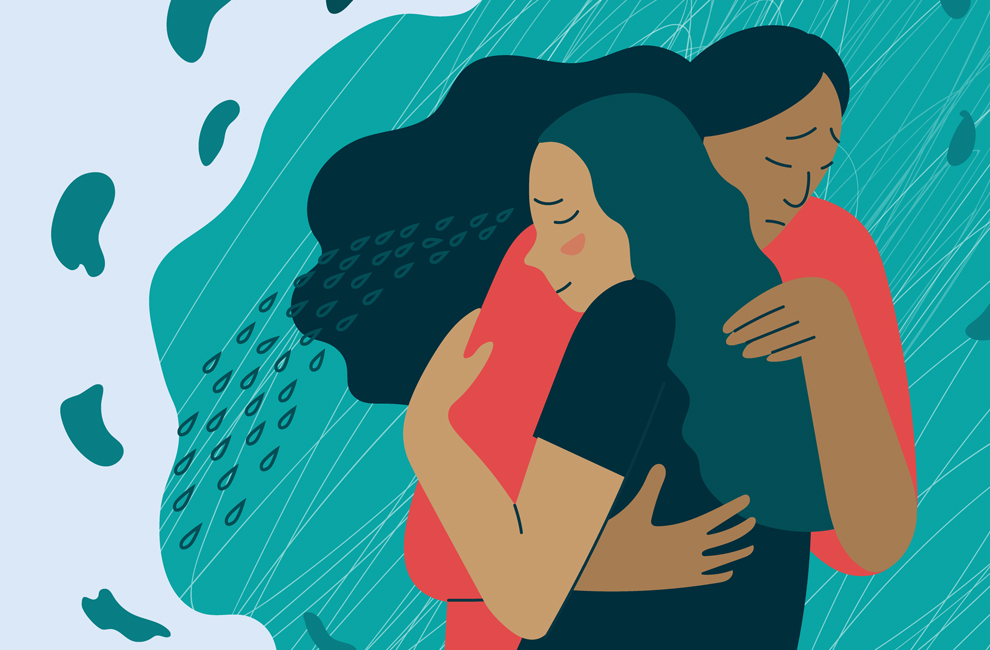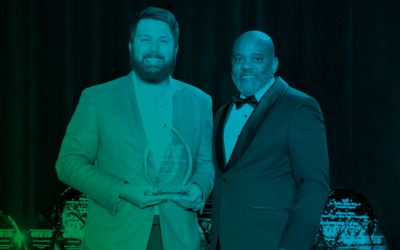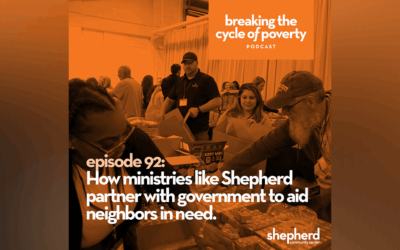I recently was sent a disturbing video of a teenager being knocked to the ground by another teen on a Saturday night in downtown Indianapolis.
Several teens then surrounded the child – and yes, most teens are still children developmentally and legally – and repeatedly kicked and punched him as he wrapped his arms around his head for protection. Others in the crowd pulled out their phones to record this scene of casual violence in the heart of our city.
And yet this brutal assault wasn’t close to being the worst youth-on-youth violence in downtown that night. Police say a 17-year-old was involved in the shooting of seven other young people – the youngest victim was only 12 years old and the oldest were 16 – at about 11:30 p.m. March 30, only a block or so from the Indiana Convention Center.
By May 1, the city had witnessed at least 16 shootings this year involving our children as victims or assailants — and often, both.
As a pastor and ministry leader with more than 25 years of experience living and working on the near Eastside of our city, I’ve seen a sickening number of young lives ended by violence. I’ve ministered at the funerals, cried with the families, consoled the classmates who see the empty places where a friend once stood.
I wish I had easy answers for how we can reverse this appalling trend of our children harming and even killing one another. But there are none.
Social media can ratchet up fear and anger, which contribute to outbursts of violence. TikTok, however, isn’t to blame for one child deciding to pick up a weapon to strike down another child.
Easy access to guns puts tools of destruction in the hands of young people whose minds and emotions are still being formed. Yet, the great majority of us will never, at any age, take up a gun or other weapon against another person.
The longer I think and pray about this plague of violence the more I come back to the vital role of families in nurturing young lives, teaching right and wrong, and preventing harm to their children and others.
Think such an idea is too simplistic? I suspect that the reverse is true – we shy from this answer because it’s too hard and would cost us too much if we truly took it seriously.
I hear an agonizing number of young people say that they have accepted that violence – perhaps life-ending violence — looms in their future.
I hear them say that they feel isolated and alone, even as technology allows us 24/7 connections.
And I hear them say three words that break my heart: “No one cares.”
That’s why I first say that moms and dads, aunties and uncles, grandmas and grandpas must step up to love, nurture, mold and discipline their children – our children. It’s hard and exhausting work, but it’s largely irreplaceable.
That doesn’t mean the rest of us get a pass. All of us in this city, in this community of neighbors, also must step up. It’s not just about the vital roles of teachers, coaches and pastors. All of us are called to love our young neighbors as our own.
So, please don’t shake your head about youth violence and then pass up the opportunity to mentor, tutor, feed, clothe and encourage children in need.
We need to spend less time condemning violence and much more time listening to and connecting with young people. And we need to do it with enough consistency and passion that the deadly thought of “no one cares” is pushed out of their minds forever.
I hope and pray never to see another video of a child beaten and humiliated by other children in our city. I hope and pray never to experience the need to comfort another family whose child was stolen by violence.
I hope and pray you will join me in the work of turning those hopes and prayers into reality. Our children need you.
Jay Height is executive director of Shepherd Community Center in Indianapolis.




